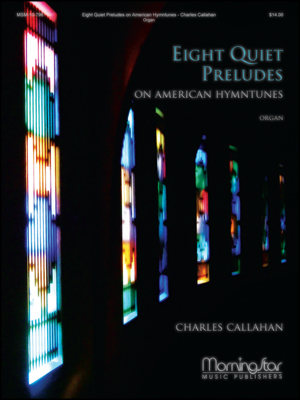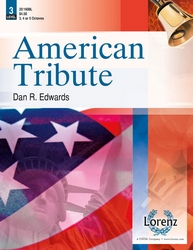This song in celebration of Zion's security (see also 48 and 76) has heartened God's people throughout the ages. Luther echoed it in "A Mighty Fortress Is Our God" (469). Traditionally ascribed to (or assigned to) the "sons of Korah," the psalm was no doubt composed for liturgical use at the temple. As a song concerning the royal city of the kingdom of God on earth, it expresses Israel's hope in the certain triumph of God's kingdom. The psalm's imagery of a river that "make[s] glad the city of God" (v. 4) serves as a metaphor for the unfailing flow of God's sustaining and refreshing blessings, which make the city of God like the Garden of Eden (Gen. 2: 10).
In this psalm we confess fearless trust in God, "our refuge" (st. 1), and extol God's refreshing river and protective presence (st. 2). God stills the rage of the nations, inspiring us with faith's strong confidence (st. 3). The LORD's mighty victories assure us of the people's peace (st. 4), and God's reassuring word "Be still, and know. . ." inspires us again with the confidence of faith. (st. 5). The versification is based on the 1650 Scottish psalter version, which was altered in both the 1871 and 1912 American psalters and now again in the 1987 Psalter Hymnal. Hymns based on Psalm 46 are at 468, 469, and 610.
A celebration of the absolute security of the city of God.
Scripture References:
st. 1 = vv. 1-3
st. 2 = vv. 4-5
st. 3 = vv. 6-7
st. 4 = vv. 8-9
st. 5 = vv. 10-11
This song in celebration of Zion's security (see also 48 and 76) has heartened God's people throughout the ages. Luther echoed it in "A Mighty Fortress Is Our God" (469). Traditionally ascribed to (or assigned to) the "sons of Korah," the psalm was no doubt composed for liturgical use at the temple. As a song concerning the royal city of the kingdom of God on earth, it expresses Israel's hope in the certain triumph of God's kingdom. The psalm's imagery of a river that "make[s] glad the city of God" (v. 4) serves as a metaphor for the unfailing flow of God's sustaining and refreshing blessings, which make the city of God like the Garden of Eden (Gen. 2: 10).
In this psalm we confess fearless trust in God, "our refuge" (st. 1), and extol God's refreshing river and protective presence (st. 2). God stills the rage of the nations, inspiring us with faith's strong confidence (st. 3). The LORD's mighty victories assure us of the people's peace (st. 4), and God's reassuring word "Be still, and know. . ." inspires us again with the confidence of faith. (st. 5). The versification is based on the 1650 Scottish psalter version, which was altered in both the 1871 and 1912 American psalters and now again in the 1987 Psalter Hymnal. Hymns based on Psalm 46 are at 468, 469, and 610.
Liturgical Use:
Suitable for many occasions in Christian worship, especially for times of war or persecution, confusion and loss, whenever the conflict between church and world sharpens. Also for Old or New Year services.
--Psalter Hymnal Handbook, 1988


 My Starred Hymns
My Starred Hymns






